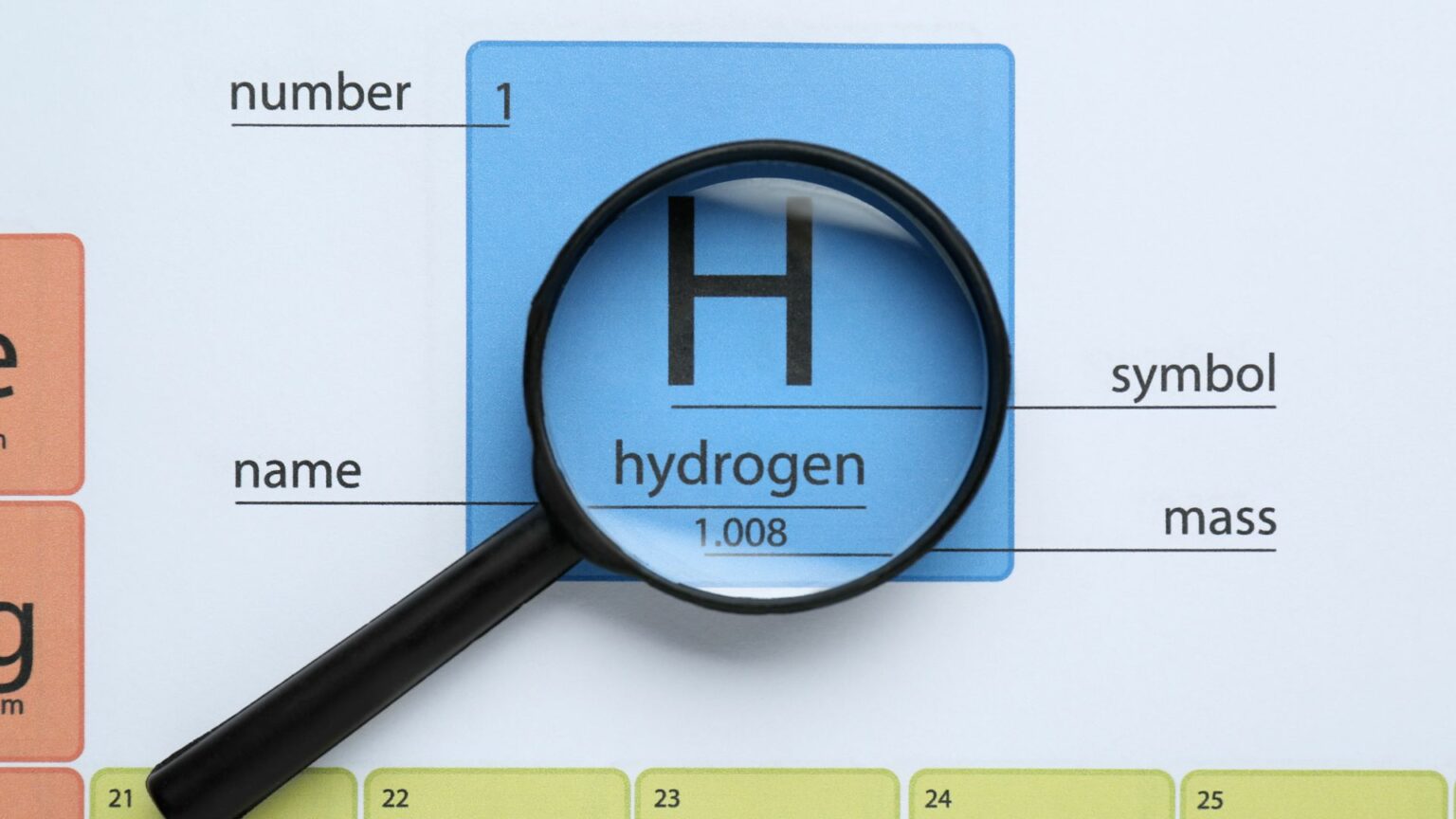Taiwan has shown a keen interest in expanding its hydrogen energy collaboration with Chile. The initiative is part of Taiwan’s broader strategy to diversify its energy sources and foster international partnerships in the renewable energy sector. This potential collaboration marks a significant step towards sustainable energy solutions for both nations.
Hydrogen Energy’s Global Role
Hydrogen energy is gaining global attention as a clean and renewable energy source. It can be produced from various resources, including natural gas, renewable electricity, and even water. Once produced, hydrogen can be used for electricity generation, vehicle fuel, and industrial processes. Its versatility and environmental benefits make it crucial to transitioning to a low-carbon economy.
Taiwan’s Renewable Energy Goals
Taiwan has set ambitious goals to increase its share of renewable energy. The government aims to significantly reduce carbon emissions and rely more on sustainable energy sources. By 2025, Taiwan plans to generate at least 20% of its electricity from renewable sources. Hydrogen energy plays a vital role in achieving this target. Thus, collaboration with countries experienced in hydrogen production and technology, like Chile, becomes strategic.
Chile’s Expertise in Hydrogen
Chile is emerging as a leader in green hydrogen production. The country’s geographical and climatic conditions are ideal for producing renewable energy, such as solar and wind power. These renewable sources are essential for producing green hydrogen, which requires electricity from renewable resources to separate water into hydrogen and oxygen via electrolysis. Chile’s advancements in this area make it an attractive partner for Taiwan.
Potential Benefits of Partnership
A partnership between Taiwan and Chile could bring numerous benefits. Firstly, it would allow knowledge and technology exchange, fostering innovation in hydrogen production. Secondly, it would help both countries meet their environmental goals by scaling up the production and use of clean energy. Finally, such collaboration could open new economic opportunities, create jobs, and boost the renewable energy industry.
